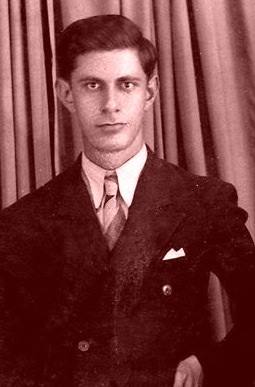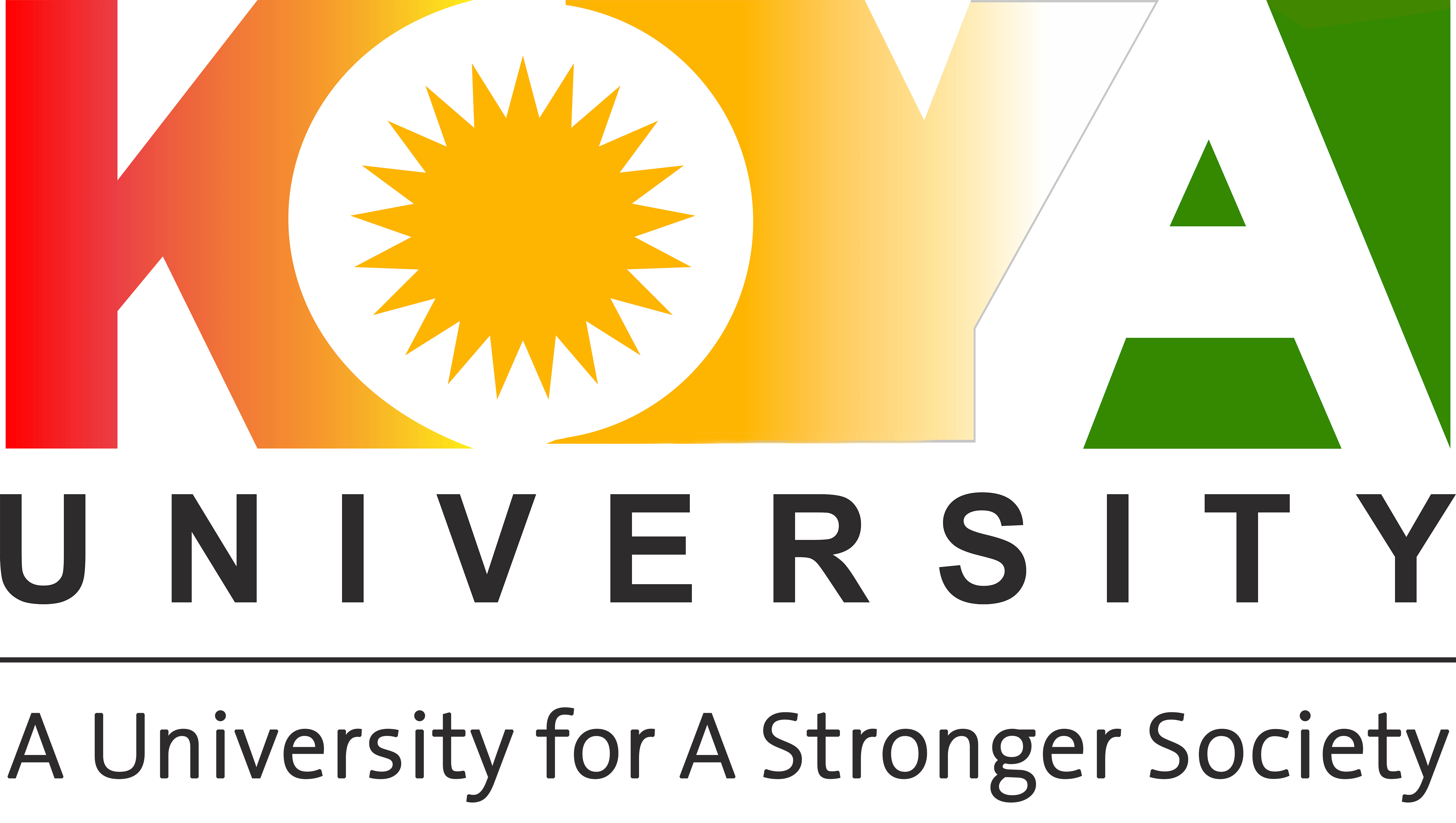Ladies and Gentlemen,
Dear participants and honorable guests
On behalf of the Koya University Presidency I whole-heartedly welcome you all. Koya University is excited about taking its essential role by holding its third scientific conference on the Koyan figures. I have personally mentioned in a number of occasions and some other settings that Koya University has a great responsibility for conducting research and reviving the performance, products and the characteristics of the prominent figures, scientists, scholars, artists and politicians of the area that Koya University located.
Today, Dildar the Kurdish nationalist poet, the poet of the oppressed, the brave and free man has made us gather together in this conference.
Although, the idea of hosting this conference was derived from the recommendations of the Mas’ud Muhammad’s Conference last year, it was also suggested to us by (Peshraw Said Braim) the judge. By the support and cooperation of Koya University faculty and other universities members in Kurdistan as well as with the support of some professionals who admire Dildar, this conference is being held which is expected to present and submit (37) researches. As you know, the submitted researches follow certain necessary procedures and then they will be reviewed and evaluated by academic experts so as to be accepted as I hope so, in order to be published afterwards.
Dildar is a nickname and his full name was (Younis Ra’uf Mahmood Mala Sa’eed), he belonged to (Khadims Sujada) family. He was born in Bafri Qandi Quarter in Koya on February 20th, 1918. He started his early schooling in Ranya and Koya and completed his secondary and high school in Erbil and Kirkuk and finally, he graduated from College of Law in Baghdad.
Dildar states that his first poem was published in Runaki Magazine in 1935 while he was a secondary school student and only seventeen years old. If we notice his products and competence of this talented poet who lived only (30) years, it would be quite clear that if he had lived longer he would have written more masterpieces and other great literary works.
It is natural and normal that Dildar was impressed and influenced by some other poets in the Koya and Kurdistan. He read poem of those poets (Awni, Raji, Asi, Safi, Wafayi, Piramerd and Bekas). However, Nali and Haji Qadir had greater impact on him and it can be said that Haj Qadir had the most influence on him.
Dildar was the poet of the nationalists and the oppressed; he participated in the political parties like Darkar and Hiwa (Hope) parties and later with the Homeland Savers party. He was talented poet of his era, but unfortunately he died out of poisoning in November 1948, and was buried in Erbil without the presence of his relatives in his funeral, but later the corps was transferred to Koya and buried again in the Kakun cemetery.
Dear Participants,
Notice that Dildar the poet lived in the forties of the last century which means more (70) years ago, despite having a great familiarity and knowledge about Kurdish Language and grammar, he knew English, Arabic and Turkish. It is a noteworthy point for us, because knowing a language is not enough for a teacher, researcher, writer and a scholar. Therefore, I would like to remind you on this occasion and recommend you to do your best to learn other languages especially English.
Nowadays, despite determining the rate of literacy, illiteracy and certificate holders in some countries of the world, they demonstrate the rate of those people who know more than one language. English is now an international language and a lingua franca in some countries and its usage is increasing all over the world. Hence, Ministry of Higher Education in Kurdistan Region and Koya University as well has paid a great attention to this process and encourages teachers and students to teach and learn English Language and facilitates it for them.
The start of this conference coincides with the Mother tongues Day and thus it is recommended that the Kurdish Language need to be more familiarized and known to the world in better ways. We recommend the head of the Kurdish Department and his teachers to focus on our previous requests to have a curriculum for learning Kurdish by foreigners. For instance, if in the future foreign students come to Koya University such as form Europe, America and other surrounding countries or if they want to study at our university, it is essential to have a language center, Kurdish language curriculum, a program, and trained teachers to teach foreigners Kurdish. It is known to us pupils at basic and secondary levels study English and Arabic, but when they come to university or institutional level, their level of those two languages are quite low. Hence, it is not possible to wait and do nothing about this issue, because on one hand it consumes a lot of time on the other hand, it costs lots money to the government and the people as well. I wonder why an individual who goes to Iran can learn Farsi well within (3-6) months, or when a person goes to Russia, Germany, and the UK can learn their languages with (6) months- or one year, but we cannot make foreigners to learn Kurdish within the same amount of time. Therefore, I would like to ask you to do your best to learn other essential languages from now on and especially after this conference as well as design a facilitating Kurdish curriculum and program for those learners who are interested in learning Kurdish.
Finally, I would also like to express my gratitude to the researchers and the participants in general. In addition, I appreciate the hard work of all the committees of the conference as they have tried their best to hold and host this conference. Once again, I warmly welcome you all and thanks for my colleagues here. Moreover, we apologize for any inconvenience and your evaluation and encouragement will further reinforce us to continue and keep up the high rank of Koya University and even develop it more.
Best wishes to you all
Assist. Prof. Dr. Wali M. Hamad.
Koya University president
February 20th, 2018
More at http://pressroom.koyauniversity.org/nucenamekan/y004/issue-38/news-07

